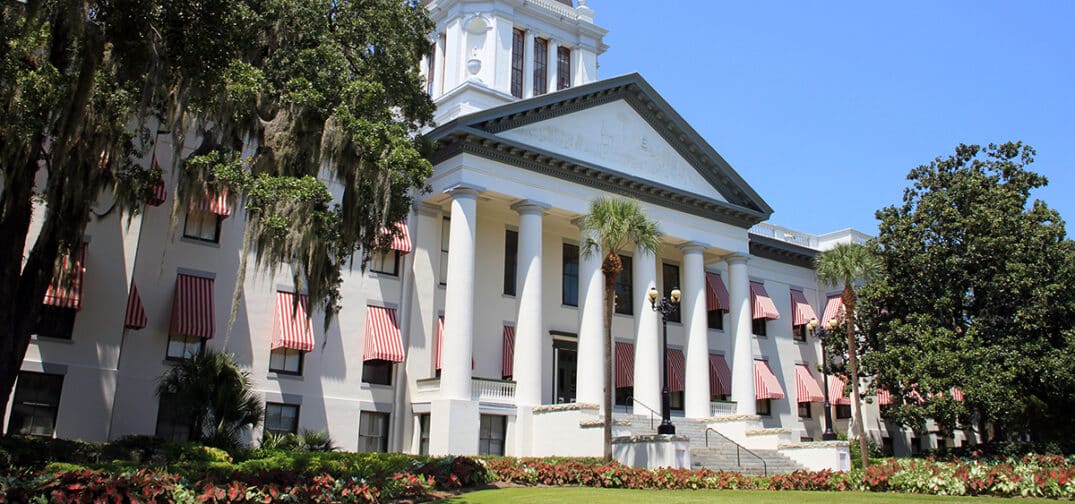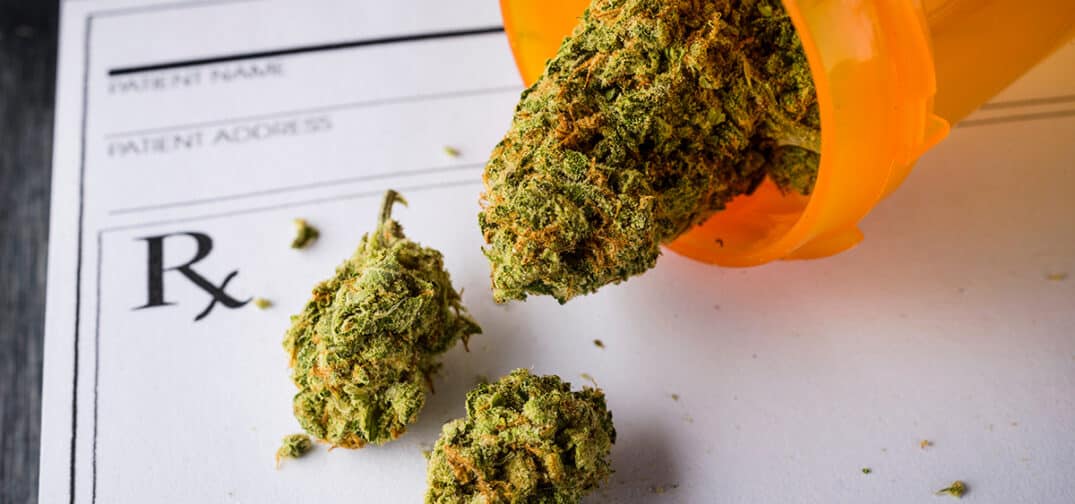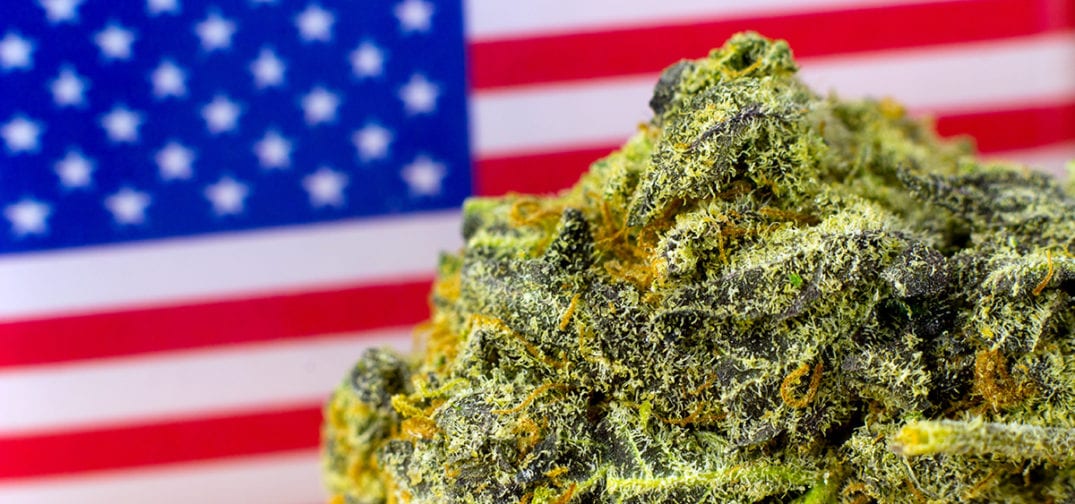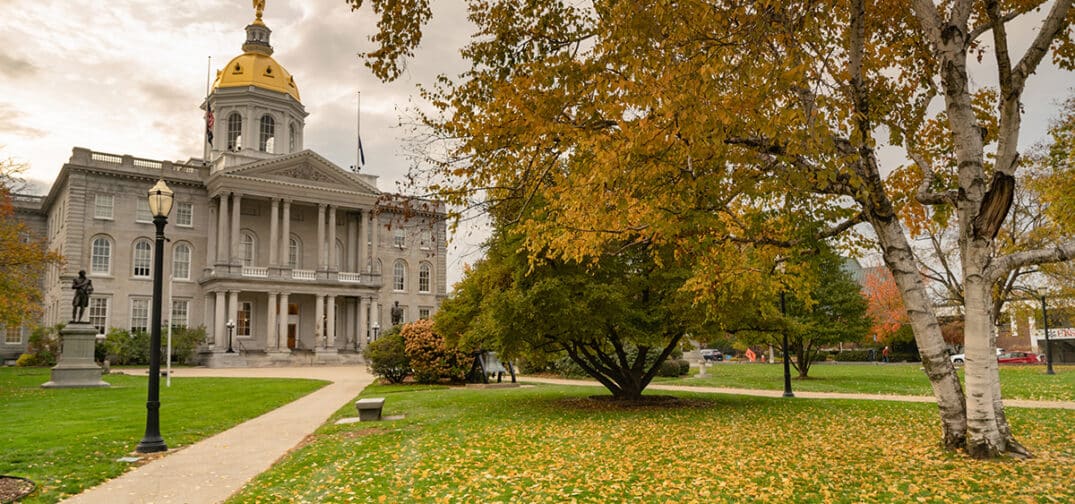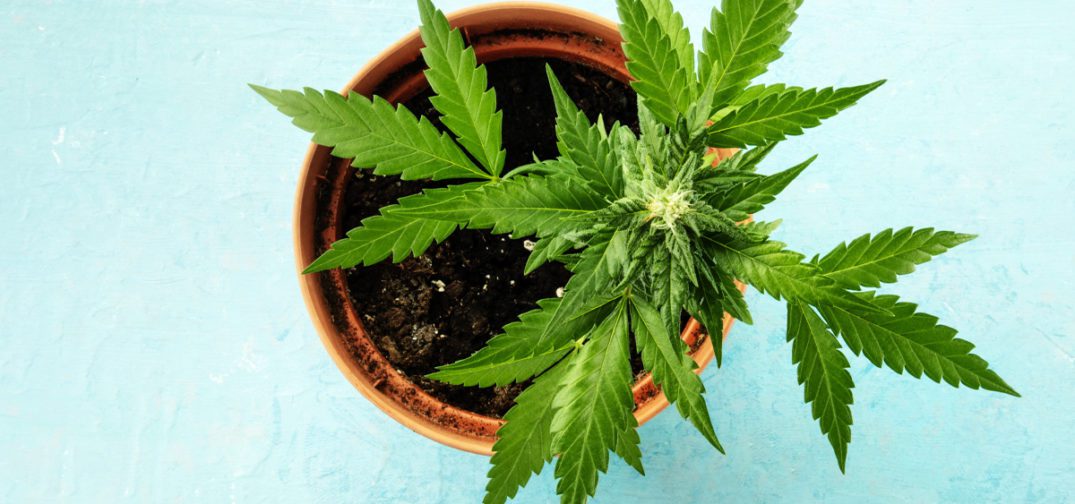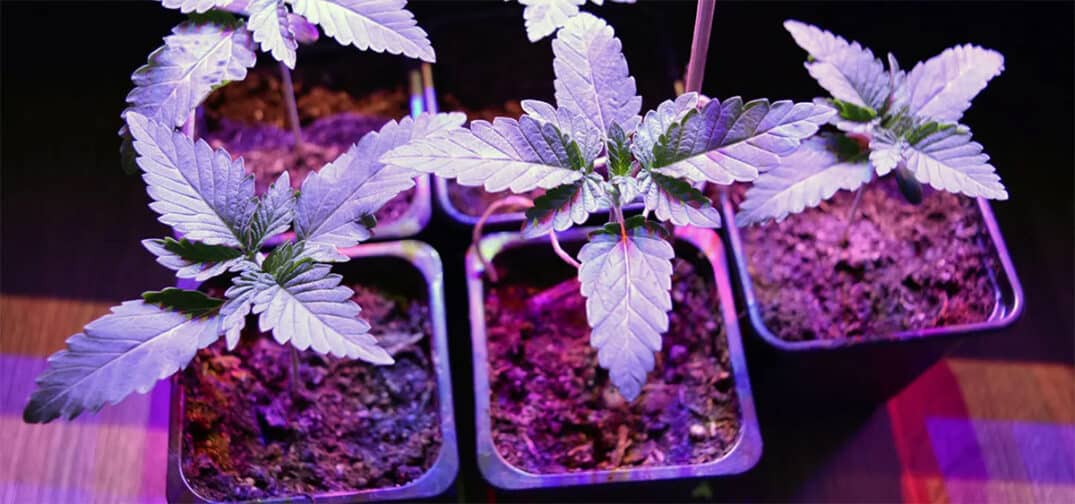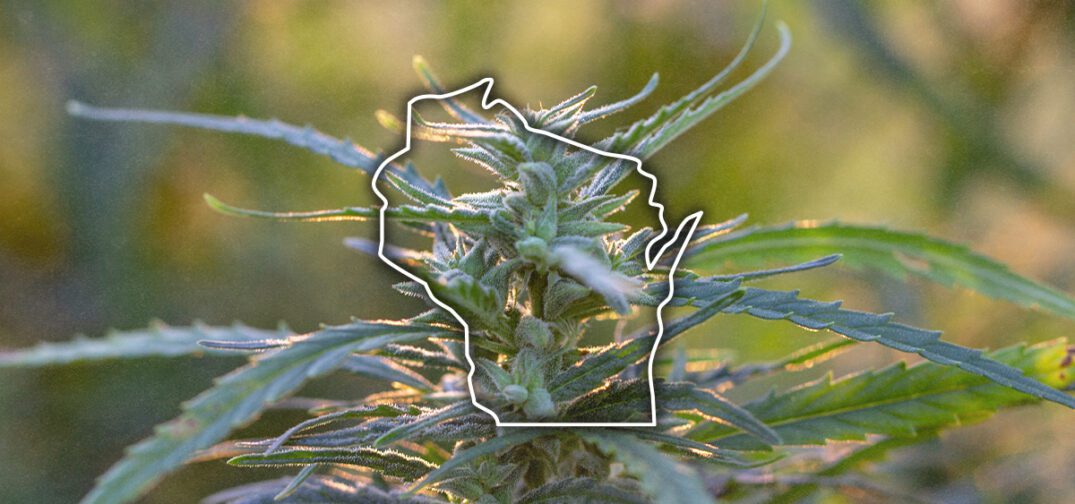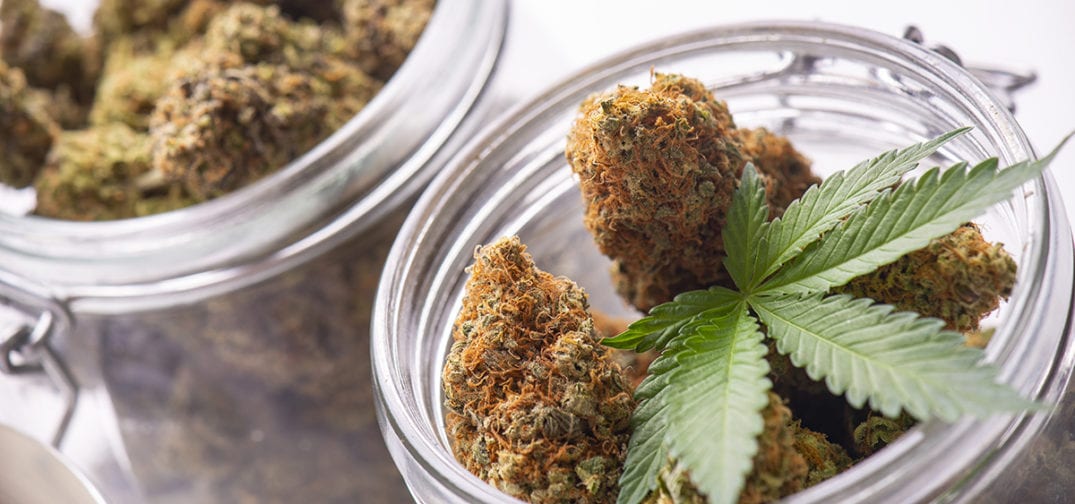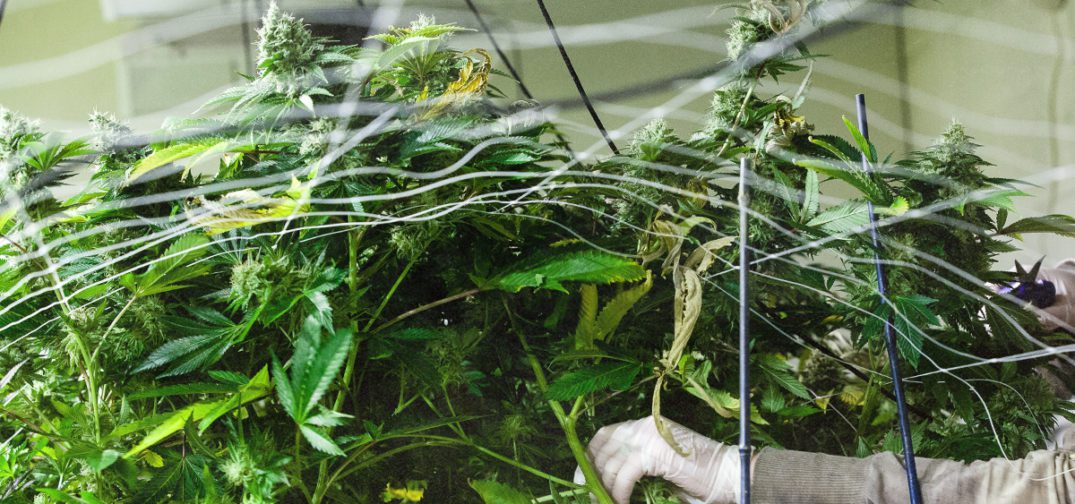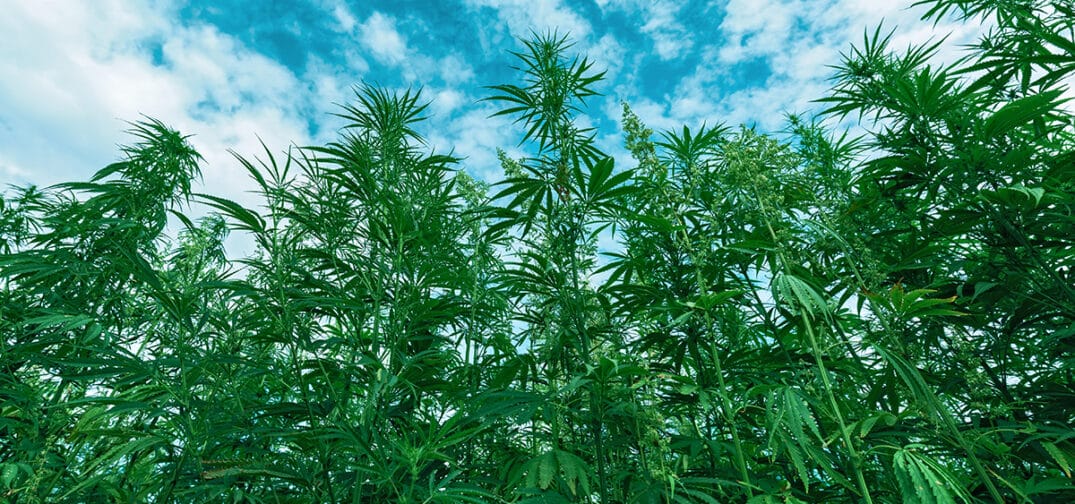Editor’s note: this article was originally published by ICBC, and has been republished with permission.
It’s official – with the clock striking midnight in Germany, and the date changing from March 31st to April 1st, the nation’s new adult-use cannabis legalization policy has become the law of the land. Adults (18 years old and older) in Germany may now partake in the newly established freedoms created by the implementation of the first pillar of the CanG law.
“It was time to initiate a paradigm shift in drug policy, ending the failed prohibition policy of the last hundred years.” stated Kai-Friedrich Niermann, leading attorney at KFN+ Law Office, about the historic change in Germany’s cannabis policies.
Germany is not the first country to have passed a national adult-use cannabis legalization measure, however, legalization in Germany is the most significant national policy change of its type since the start of global cannabis prohibition many decades ago. Below are the most noteworthy provisions of Germany’s new cannabis law that consumers and patients should know about.
Narcotics De-listing
Cannabis is being removed from Germany’s Narcotics List now that the new law is implemented, and the significance of that policy change cannot be overstated. One thing that may not be on everyone’s radar, but should be, is that the de-listing of cannabis in Germany will improve safe access for medical cannabis patients by removing some hurdles in the medical cannabis supply chain and streamlining processes for pharmacies. Cannabis research will be easier to pursue, and hopefully academic institutions will begin to receive national and/or EU-provided funds for specific research projects.
Historically, the cultivation of medical cannabis in Germany was regulated by a licensing procedure, with the nation’s Federal Office for Drugs and Medical Devices making the final determination on the quantity and price of domestically produced medical cannabis. Imports were not subject to the same process, and that provided a huge advantage to companies based outside of Germany. Germany’s new adult-use cannabis law should provide a tremendous boost to the domestic medical industry.
Personal Cultivation
The main initial way for adults to legally source cannabis in Germany once the new law takes effect is to cultivate it in their homes. Adults will be able to cultivate up to three plants in private for personal use according to the proposed measure. Personal cannabis cultivation is popular in other jurisdictions where it is permitted, including in jurisdictions where consumers have other options from which to legally source their cannabis like storefronts.
It’s virtually guaranteed that many adult consumers in Germany will choose to cultivate their cannabis, and that will, in turn, create massive opportunities overnight for companies that specialize in cultivation-related products and services such as seeds, grow lights, plant nutrients, harvesting equipment, odor control, and drying equipment. Cannabis seeds and clones are legal in Germany now, including for adults who are not citizens of Germany.
Personal Possession
In addition to being able to cultivate cannabis, adults in Germany are now permitted to possess a personal amount of cannabis (up to 25 grams). In addition to the expressed legal possession limit, penalties for possessing slightly more than the legal threshold will be considered an ‘administrative violation’ in Germany rather than a criminal offense yielding jail time.
According to a 2021 report from Heinrich Heine University Dusseldorf, Germany will save an estimated 1.05 billion euros annually by no longer enforcing cannabis prohibition, in addition to judicial savings of 313 million euros per year.
Cannabis Clubs
Another component of Germany’s new law involves permitting the launch and operation of noncommercial cannabis clubs. Clubs are currently expected to start on July 1, 2024. Membership-based noncommercial clubs, from which adult consumers can legally source their cannabis, will be subjected to various regulations. Seeds and clones are expected to be largely sourced from noncommercial clubs once they launch.
One of the sticking points leading up to the recently reported final coalition agreement was the implementation of noncommercial clubs, and part of the coalition’s compromise was to stagger the implementation date. After the launch, non-commercial clubs will likely be common throughout most of Germany.
Future Policy Modernizations
The previously listed items are part of the ‘first phase’ of Germany’s legalization plan, often referred to as ‘the first pillar.’ The second phase/pillar involves the launch of regional adult-use cannabis commerce pilot programs, like what is already in place in the Netherlands and Switzerland, but on a significantly larger scale. Advocates will need to work extra hard in the coming months to ensure that Germany’s legalization launch is a success.
“The most interesting questions are now how the law will be applied in practice and whether, shortly after entering into force, it will be amended to keep up with the minister’s promises. The development of the coming weeks will be of great interest to the cultivation associations, which may have to adjust their intended organizational setup.” stated Peter Homberg of leading international law firm Dentons (see Peter’s full interview in the embedded podcast video below).
“There is still a long way to go before complete destigmatization and fair legalization are achieved. Neither the consumers, nor the activists, nor the industry must let up on this path, but must continue to do everything in their power every day to ensure that this path can be taken successfully.” stated Kai Friedrich Niermann of KFN+ Law Office.
